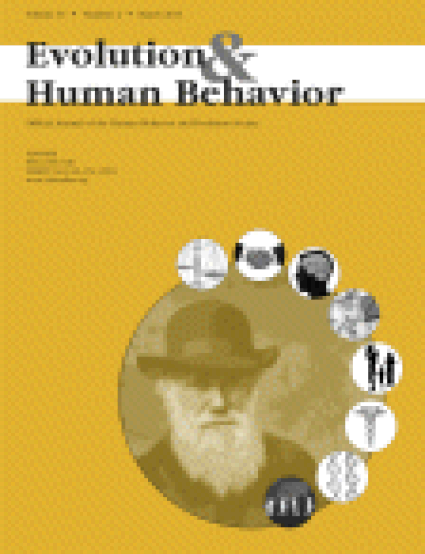
Article
Kin Influences on Fertility in Thailand: Effects and Mechanisms
Evolution and Human Behavior
(2013)
Abstract
It has been suggested that human mothers are cooperative breeders, as they need help from others to successfully raise offspring. Studies working under this framework have found correlations between the presence of kin and both child survival and female fertility rates. This study seeks to understand the proximate mechanisms by which kin influence fertility using data from the 1987 Thailand Demographic and Health Survey (DHS), a nationally representative sample of 6775 women. Kin influence is measured by the length of time couples live with the husband's or wife's parents after marriage. Event history analysis, multilevel modeling and structural equation modeling are used to investigate both fertility outcomes and potential pathways through which postnuptial residence may influence fertility outcomes, including employment status, maternal and child outcomes, contraceptive use, breastfeeding duration, and age at marriage. We show that living virilocally (with husband's kin after marriage) increases total fertility by shortening time from marriage to first birth, and increasing the likelihood of progression to each subsequent birth. These effects are mediated through correlations between virilocal residence and earlier age at marriage as well as delayed initiation of contraceptive use. We find no influence of husband's kin on maternal or child outcomes. Living uxorilocally (with wife's kin after marriage) also reduces age at marriage, shortens time from marriage to first birth and (marginally) improves child survivorship, but has no effect on other child and maternal outcomes or progression to subsequent births and results in a similar number of living children as women living neolocally.
Keywords
- postnuptial residence,
- kin,
- cooperative breeding,
- Thailand,
- fertility
Disciplines
Publication Date
March, 2013
Citation Information
Kristin Snopkowski and Rebecca Sear. "Kin Influences on Fertility in Thailand: Effects and Mechanisms" Evolution and Human Behavior Vol. 34 Iss. 2 (2013) Available at: http://works.bepress.com/kristin_snopkowski/1/
